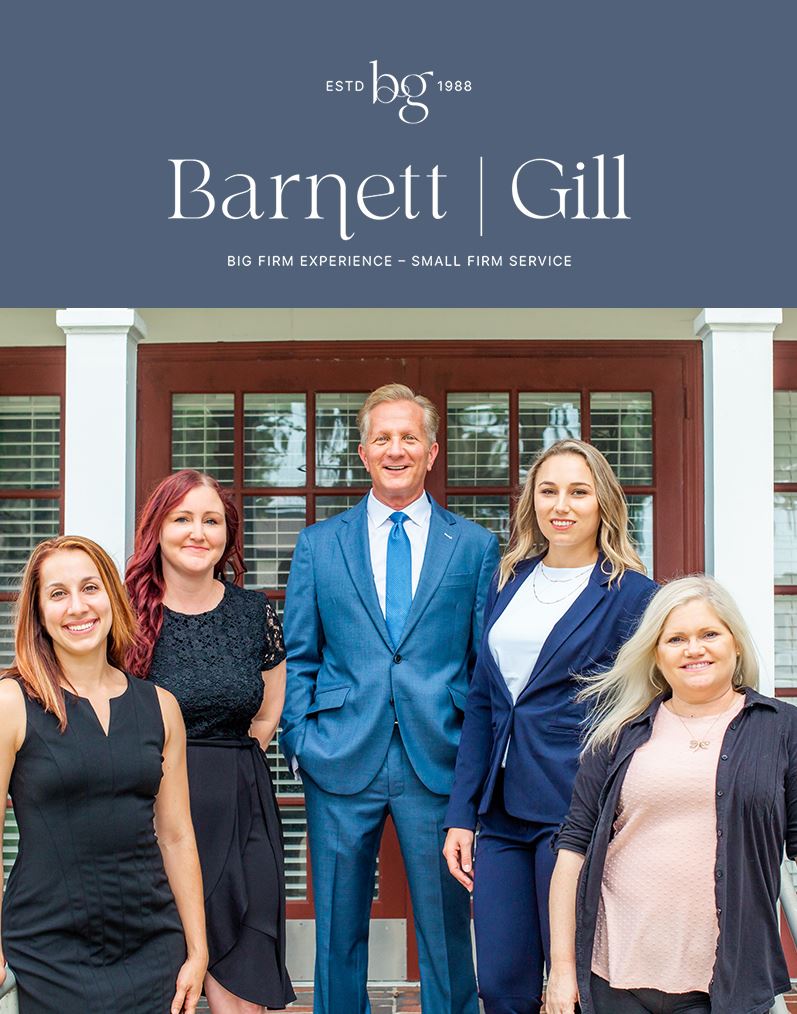
Brandon Mediation Attorney
When conflict arises in a divorce, it can be difficult to determine how to move forward. For spouses who need additional dispute resolution support, mediation can be an effective tool. Mediation can help both parties come to a satisfactory agreement that saves them time, money, and emotional strain.
Contact our Brandon mediation attorney to book a consultation today!
FAQs About the Mediation Process
What Is Mediation and How Does It Work?
Mediation is a method of alternative dispute resolution (ADR) in which two parties resolve their issues with the help of a trained, impartial third party or mediator. The mediator is not allowed to resolve the dispute, but he/she can help each side communicate through it.
What Are Some Advantages to Mediation?
The advantage to mediation is that both individuals will get to consult with a neutral, third party who can help settle their differences. Other advantages to the mediation process include:
- Confidentiality: The details of the divorce do not become public record
- Clearer communication: A mediator can help resolve communication within the spouses’ dynamic
- Cost-effective: Avoiding court can save money
- Efficient: Resolutions are typically reached promptly
- Collaborative: Spouses work together to reach an agreement
Choose Collaboration Over Conflict in Brandon
When it comes to resolving family law disputes, choosing mediation can offer numerous benefits over traditional litigation. Mediation provides a peaceful and cooperative environment where both parties can openly communicate and work towards mutually agreeable solutions. At Barnett | Gill, our experienced Brandon mediation attorneys specialize in helping families navigate through challenging situations and find resolutions that prioritize the best interests of all involved.
Additional Advantages of Mediation for Families
Some more advantages of choosing mediation for your family law dispute include:
- Preserve Relationships: Mediation focuses on promoting understanding and cooperation, allowing you to maintain a more positive relationship with your ex-spouse or co-parent, which can be especially important when children are involved.
- Control Over the Outcome: Unlike litigation where a judge makes the final decision, mediation allows you to have a say in the outcome and reach agreements that meet your unique needs and circumstances.
Our dedicated team of mediation professionals at Barnett | Gill understands the complexities of family law disputes and is committed to guiding you through the mediation process with compassion and expertise. Reach out to us today to discover how mediation can benefit your family law case in Brandon.
How Is Mediation Different Than Litigation?
During litigation (trial), both parties rely on a judge or jury to provide a resolution. There is an element of uncertainty with this method, as the spouses must accept the court’s decision whether they agree with it or not. In meditation, the spouses collaborate and come to an agreement together with the help of their mediator.
What Is a Mediator?
A mediator is a neutral and impartial guide who helps two parties resolve their marital disputes, so they can move forward with their divorce. This individual may assist with communication issues, such as teaching each spouse how to view the dispute from the other’s point of view.
Who Can Be a Mediator?
The state of Florida has set forth ethical standards and requirements for mediators, which are honored by the Florida Supreme Court. Points are awarded to individuals who fulfill these requirements, and the more points an individual has, the better.
In family court, 100 points are required to become a mediator. An individual must do the following get those points:
- Complete certified family mediation training
- Fulfill the education/mediation experience requirement
- Partake in a mentorship
- Have at least a bachelor’s degree
What Happens During the Mediation Process?
First, the mediator will make introductions and explain the process. After, the spouses will voice their concerns. An attorney can provide this information as well if that is preferred. Once this information has been relayed, the mediator will meet with both spouses individually to discuss their issues in a caucus (separate meeting). If there are lawyers present for each side, they will give advice to their clients about how to interact during the mediation process.
The mediation process will end with an agreement, an impasse (where one or both parties are unwilling to continue with dispute resolution), or an adjourn for the day.
How Do You Prepare for a Mediation?
To best prepare for mediation, here are some tips to take into consideration beforehand:
- Consult with a lawyer: A mediator cannot give you legal advice
- Be prepared: set yourself up for success
- Understand the issues
- Be prepared to compromise
For mediation services, contact the firm online or call (813) 305-0353 to schedule a consultation!
Helpful Resources
Our Team
Serving Florida Families Since 1988


Testimonials From Real People
-
“A GREAT LAWYER MAKES ALL THE DIFFERENCE!”
-
“I would not hesitate to use them again in the future.”
-
“Turned my life around.”
Contact Us Today
Schedule a personalized consultation by emailing us using the form below or calling (813) 305-0353.





